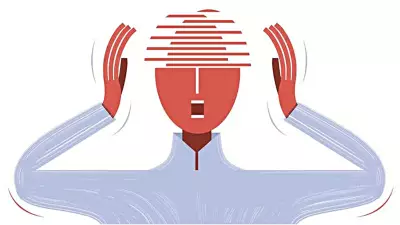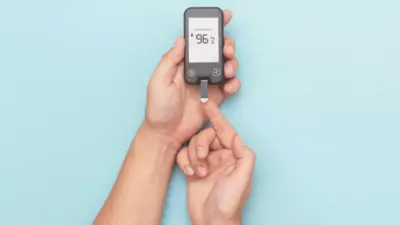
In an era defined by economic uncertainty and digital overload, Generation Z has developed a unique coping mechanism that's taking social media by storm: the 'little treat' culture. This psychological phenomenon sees young adults regularly rewarding themselves with small, affordable indulgences as a buffer against the pressures of modern life.
The Psychology Behind the Treat Economy
What began as lighthearted social media posts about buying bubble tea or splurging on fancy snacks has evolved into a sophisticated mental health strategy. Psychologists suggest these micro-indulgences serve as emotional anchors in what experts call a state of 'hypernormalisation' - where overwhelming global crises become normalised to the point of emotional numbness.
'Little treats function as psychological reset buttons,' explains Dr. Ananya Sharma, behavioral psychologist at Delhi University. 'When faced with climate anxiety, job market instability, and digital exhaustion, these small pleasures provide momentary control and tangible joy in an otherwise chaotic world.'
From Retail Therapy to Emotional First Aid
Unlike traditional retail therapy, the 'little treat' philosophy emphasizes mindful consumption rather than impulsive spending. Gen Z practitioners carefully curate their indulgences - whether it's a single cupcake, a new lipstick, or thirty minutes of guilt-free gaming - viewing them as essential emotional maintenance rather than frivolous expenses.
The trend has spawned dedicated Instagram and TikTok communities where users share their 'treat receipts' and celebrate small victories. This digital validation creates a supportive ecosystem that normalizes self-care in manageable, affordable portions.
Economic Realities Meet Emotional Needs
Economic factors play a significant role in this trend's popularity. With rising inflation and competitive job markets, large-scale luxuries remain out of reach for many young Indians. The 'little treat' economy offers accessible emotional relief that fits within tight budgets while providing psychological benefits disproportionate to their cost.
Market researchers note that businesses are rapidly adapting to this trend, with brands now offering 'mini-luxuries' and 'daily delight' product lines specifically targeting this emotional consumption pattern.
A Sustainable Self-Care Revolution?
While some critics dismiss the trend as consumerism in wellness clothing, mental health advocates see value in its accessibility. 'The beauty of little treats lies in their democracy,' says Mumbai-based wellness coach Priya Mehta. 'Unlike expensive wellness retreats or therapy sessions, this approach to self-care is available to everyone, regardless of income.'
As Generation Z continues to navigate unprecedented challenges, their 'little treat' philosophy represents a pragmatic approach to mental wellness - proving that sometimes, the smallest indulgences can make the biggest difference in maintaining emotional equilibrium.





